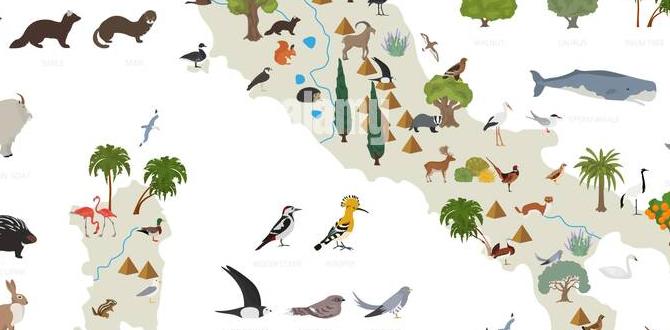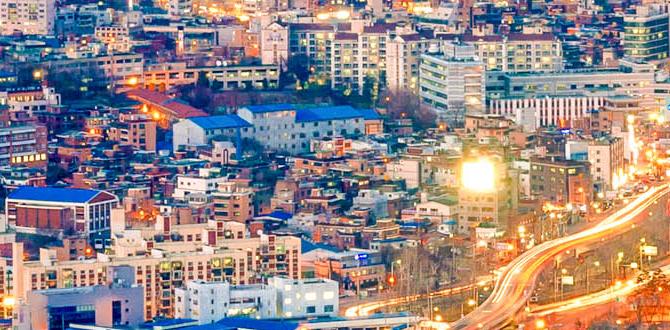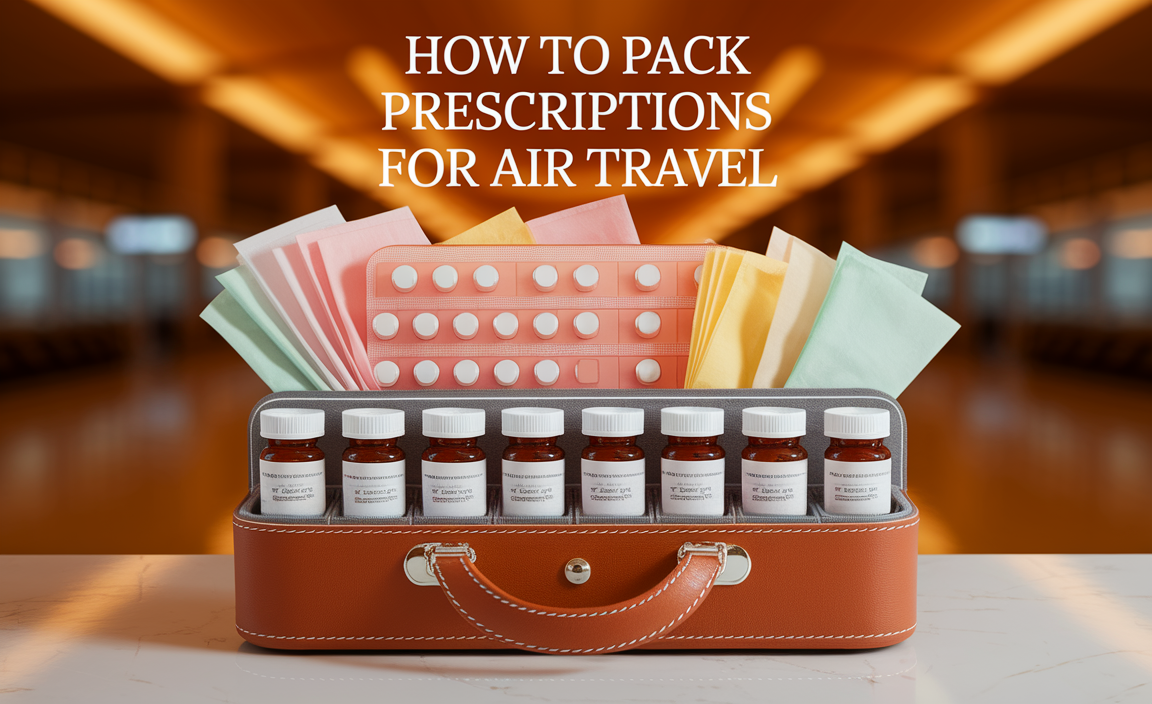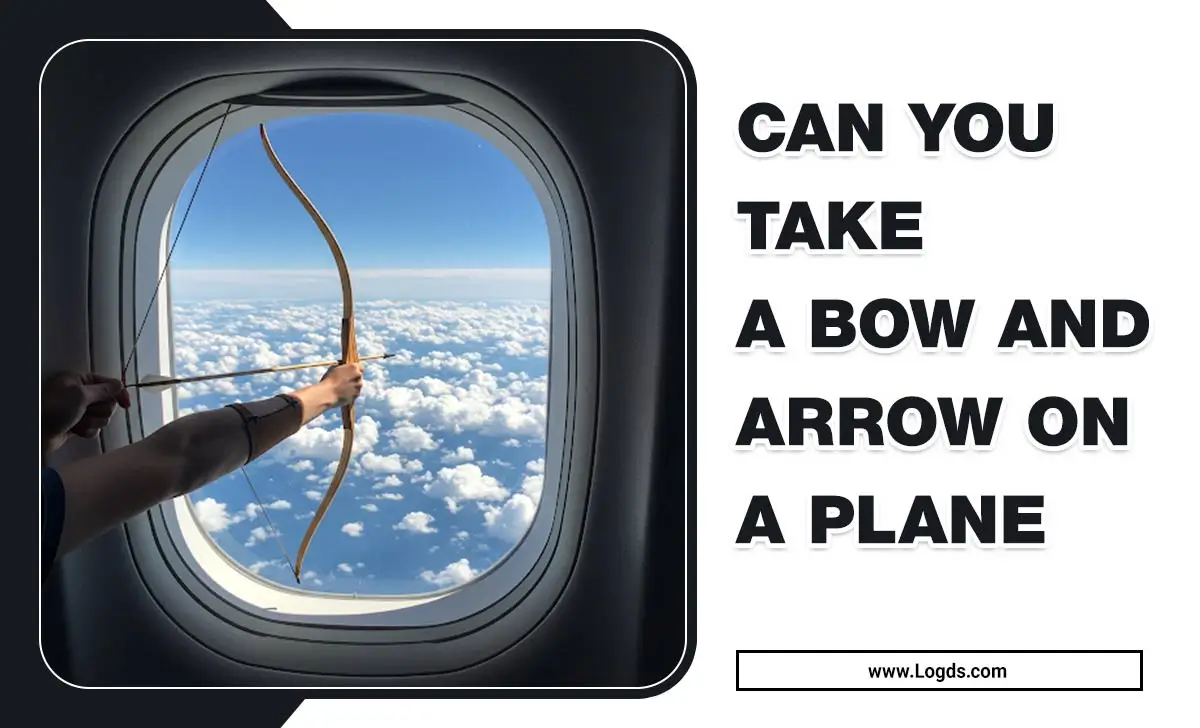Austria Cost Breakdown: Genius Daily Budget
Your genius daily budget for Austria can range from €70 to €150 per person, depending on your travel style. This covers accommodation, food, activities, and local transport, ensuring a comfortable and memorable trip without overspending. We’ll break down exactly how to achieve this.
Planning a trip to Austria is exciting! You might be wondering about the costs, especially if you’re on a budget. It’s natural to feel a bit overwhelmed trying to figure out daily expenses. But don’t worry! With a clear plan, you can enjoy Austria’s stunning landscapes, rich history, and delicious food without breaking the bank. This guide will break down everything you need to know for a realistic and comfortable Austrian adventure. Get ready to map out your perfect, budget-friendly itinerary!
Understanding Austria’s Cost Landscape
Austria is a beautiful country with diverse regions, from the imperial grandeur of Vienna to the breathtaking Alps. Because of this, costs can vary. Major cities like Vienna and Salzburg tend to be pricier than smaller towns or rural areas. However, even in these popular spots, smart planning can lead to significant savings. Think of this guide as your roadmap to experiencing the best of Austria without financial stress.
What Influences Your Daily Budget?
Several factors will shape how much you spend each day:
Accommodation: Hostels, budget hotels, mid-range hotels, and luxury stays all have vastly different price points.
Food: Eating at local bakeries, supermarkets, and casual `Gasthäuser` (inns) is much cheaper than fine dining.
Activities: Many attractions have entrance fees, but there are also numerous free options.
Transportation: Getting around within cities and between regions impacts your budget.
Time of Year: Peak season (summer and Christmas markets) often means higher prices.
Crafting Your Genius Daily Budget: A Step-by-Step Breakdown
Let’s dive into the specifics of how to allocate your money. We’ll look at averages and provide tips to keep your spending in check.
1. Accommodation: Your Cozy Austrian Home
This is often the largest chunk of your daily expenses. Here’s a realistic look at accommodation costs:
Hostels: If you’re traveling solo or with friends and don’t mind shared spaces, hostels are a fantastic budget option. Dorm beds typically range from €25 to €45 per night. Many hostels offer private rooms too, which will cost more but are still often cheaper than hotels.
Budget Hotels/Guesthouses (Pensions): For a bit more privacy, look for 2-3 star hotels or `Pensions`. These can cost between €60 and €120 per night for a double room. Prices can fluctuate based on location and season.
Mid-Range Hotels: Expect to pay €100 to €200+ per night for a comfortable 3-4 star hotel.
Apartments/Airbnb: Renting an apartment can be cost-effective, especially for families or longer stays, allowing you to save on food by cooking some meals. Prices vary greatly, but you might find options starting from €70 up to €150+ per night for a decent place.
Budget Tip: Book in advance, especially during peak season. Consider staying slightly outside the city center; often, just a short bus or train ride away can offer significant savings.
2. Food & Drink: Savoring Austrian Flavors Affordably
Austrian cuisine is hearty and delicious! You can eat very well without spending a fortune.
Breakfast: If your accommodation doesn’t include breakfast, a `Bäcker` (bakery) is your best friend. A pastry and coffee can set you back €4-€7. If you have a kitchen, buying bread, cheese, and fruit from a supermarket (`Spar`, `Billa`, `Hofer` – Austria’s Aldi) is even cheaper, maybe €3-€5.
Lunch: A classic working-class lunch is often a `Wurst` (sausage) stand or a simple `Beisl` (traditional pub/eatery). Look for daily specials (`Tagesmenü`). You can expect to pay €8-€15 for a substantial lunch.
Dinner: Eating out at a mid-range restaurant can cost €20-€35 per person for a main course and a drink. To save money, consider a hearty `Kaiserschmarrn` or `Schnitzel` at a more casual `Gasthaus`, which might be €15-€25.
Snacks & Drinks: Grab water bottles from supermarkets (€0.50-€1.50). Coffee at a café is around €3-€5. Alcohol prices at bars can add up quickly; enjoy a beer or wine at a more local spot.
Daily Food Budget Estimate (per person):
Budget-Conscious: €30-€50 (supermarket snacks, casual lunches, one simple dinner)
Mid-Range Comfort: €50-€75 (bakery breakfast, casual lunch, one nice dinner with a drink)
Dietary Needs While Traveling:
For travelers who may need absorbent products, planning ahead is key for comfort and confidence. Companies offer discreet and comfortable adult diapers and child diapers designed for travel. These can be purchased online before your trip or at larger pharmacies (`Apotheke`) in Austria. Having a supply readily available means one less thing to worry about, allowing you to focus on enjoying your Austrian adventure. Ensure you pack them in a way that’s easy to access during transit.
3. Activities & Sightseeing: Experiencing Austria’s Charm
Austria offers a wealth of experiences, from stunning natural beauty to historic cities.
Free Activities:
Wander through charming city streets (Vienna, Salzburg, Hallstatt).
Explore local parks and gardens.
Hike in the Alps (many trails are free).
Visit local markets and soak in the atmosphere.
Admire historic architecture from the outside.
Paid Attractions:
Museums: €10-€20 (e.g., Albertina, Hofburg Imperial Apartments).
Palaces & Castles: €15-€25 (e.g., Schönbrunn Palace, Hohensalzburg Fortress).
Cable Cars for Alpine Views: €30-€50 (e.g., Nordkettenbahnen in Innsbruck).
Concerts/Opera: Can be expensive (€50+), but sometimes cheaper standing tickets are available.
Budget Tip: Many cities offer visitor cards that include free public transport and discounts on attractions. Research if one makes sense for your planned activities. For example, the Vienna Pass or Salzburg Card might be worthwhile.
4. Local Transportation: Getting Around Austria
Within Cities:
Walking: The best and cheapest way to explore city centers.
Public Transport: Vienna has an excellent and affordable network (metro, trams, buses). A single ticket is around €2.40, but day passes (€8) or weekly passes offer better value if you’ll use it frequently. Salzburg and other cities have similar systems. Your accommodation might even offer a guest card with free local transport.
Between Cities:
Trains: Austria has a highly efficient rail network run by ÖBB (Austrian Federal Railways). Booking tickets in advance can secure cheaper fares, especially with promotions like `SparSchiene` (saver tickets). A one-way ticket between Vienna and Salzburg can range from €20 to €50+.
Buses: Companies like FlixBus offer budget-friendly intercity travel, often cheaper than trains but taking longer.
Budget Tip: If you plan on extensive train travel, consider a rail pass. For very short, local trips, walking or a single ticket might be best.
Putting It All Together: Sample Daily Budgets
Let’s see how these components translate into actual daily budgets. These are estimates per person, assuming shared accommodation costs for couples or friends.
Budget Traveler: Approximately €70 – €90 per day
This traveler is mindful of spending, opting for value and free experiences.
Accommodation: Hostel dorm bed or budget guesthouse (€30-€40)
Food: Supermarket breakfast/snacks, casual lunch, simple `Gasthaus` dinner (€30-€40)
Activities: Mostly free sights, perhaps one modest paid attraction (€10-€15)
Transport: Walking, occasional public transport ticket (€5-€10)
Comfort Traveler: Approximately €90 – €150 per day
This traveler seeks a bit more comfort and flexibility, with a few more paid activities and dining out.
Accommodation: Budget hotel/mid-range Airbnb (€45-€75 if shared)
Food: Bakery breakfast, casual lunch, one nice dinner at a restaurant (€45-€60)
Activities: A couple of major attractions or a guided tour (€20-€30)
Transport: Public transport day passes, maybe an intercity train ticket booked in advance (€15-€30)
High-End Traveler: €150+ per day
This budget allows for more luxury in accommodation, fine dining, and exclusive experiences.
Accommodation: Mid-range to upscale hotel (€80-€150+ per person/shared)
Food: Dining at reputable restaurants, enjoying cafes (€60-€90+)
Activities: Multiple paid attractions, private tours, concerts (€50+)
Transport: Taxis, comfortable train travel, scenic routes (€30+)
Genius Money-Saving Hacks for Austria
Travel in the Shoulder Seasons: Spring (April-May) and Autumn (September-October) often offer pleasant weather, fewer crowds, and lower prices than the peak summer months.
Utilize Supermarkets: `Spar`, `Billa`, and `Hofer` are great for snacks, picnic lunches, and breakfast items.
Drink Tap Water: Austrian tap water is of excellent quality and safe to drink, saving you money on bottled water.
Look for `Tagesmenü` (Daily Specials): Many restaurants offer set menus at lunch for a great price.
Free Walking Tours: Most major cities offer free walking tours (tip-based). It’s a fantastic way to get oriented and learn about the city’s history.
Student/Senior Discounts: If applicable, always carry your ID and ask about discounts.
Consider Austria’s `Kulturpass` or City Cards: As mentioned, these can bundle attractions and transport for savings. Research these for the specific cities you plan to visit. For example, Vienna offers various passes like the Vienna City Card.
Pack Smart: Bring essentials like refillable water bottles and snacks to avoid impulse buys. If you need specific personal care items, like adult diapers or child diapers, packing a consistent and comfortable supply from home can be more cost-effective and ensure you have your preferred brands.
Austria on a Budget: Realistic Daily Budget Example (Vienna)
Let’s visualize a €90 daily budget for one person exploring Vienna:
Accommodation: €35 (Hostel dorm bed in a central location)
Food:
Breakfast: €5 (Pastry and coffee from a bakery)
Lunch: €12 (`Käsekrainer` sausage and bread, or a `Tagesmenü` at a casual eatery)
Dinner: €25 (Main course at a more casual `Gasthaus`)
Snacks/Water: €8 (Supermarket items, small treat)
Total Food: €50
Activities: €20 (Entry to one major museum, e.g., Albertina, or use a free day on a city card)
Transport: €15 (Vienna’s public transport day pass and an evening tram ride. If your accommodation is close to all attractions, this could be lower.)
Daily Total: €120
Correction: The initial calculation for the example adds up to €120, not €90 as targeted. Let’s adjust for a true €90 day.
Revised €90 Daily Budget (Vienna):
Accommodation: €35 (Hostel dorm bed)
Food:
Breakfast: €4 (Supermarket yogurt, fruit, bread)
Lunch: €10 (Snitzel roll or soup from a market stall)
Dinner: €20 (Main dish at a very casual eatery)
Water/Small Treat: €6 (Refillable water, a small pastry)
Total Food: €40
Activities: €10 (Focus on free sights, maybe one smaller paid attraction or admire exteriors)
Transport: €5 (Utilize a 24-hour public transport pass, but primarily walk)
Revised Daily Total: €90
This shows that while €90 is achievable, it requires more conscious choices, especially with food and paid activities. The €70-€150 range really captures the flexibility.
FAQ: Your Austria Budget Questions Answered
Is Austria an expensive country to visit?
Austria can be moderately expensive, especially cities like Vienna and Salzburg. However, it’s generally comparable to or slightly less expensive than countries like Switzerland or Norway. With careful planning, you can certainly visit Austria on a budget.
What is the most expensive part of traveling in Austria?
Accommodation is usually the biggest expense, particularly in popular tourist areas and during peak seasons. Dining out in upscale restaurants and certain specific tourist attractions can also add up quickly.
How can I save money on food in Austria?
Embrace local bakeries (`Bäcker`) for affordable breakfasts and snacks. Opt for `Tagesmenü` (daily specials) at lunch, which offer great value. Supermarkets like `Spar` and `Billa` are excellent for picnic supplies or ingredients if you have a kitchen. Eating at traditional `Gasthäuser` or `Beisln` rather than tourist-trap restaurants will also save money.
Are there free things to do in Austria?
Absolutely! Many of Austria’s greatest attractions are free. You can enjoy wandering through historic city centers, exploring parks and gardens, hiking in the Alps, visiting local markets, and admiring stunning architecture from the outside. Free walking tours are also widely available.
How much should I budget for transport within Austria?
For travel within cities, a daily public transport ticket typically costs €8-€10. Intercity train travel can vary greatly, but booking `SparSchiene` (saver tickets) in advance on ÖBB (Austrian Federal Railways) can bring costs down to €20-€40 for longer journeys. Walking is always the cheapest and often most enjoyable option for short distances.
When is the best time to visit Austria on a budget?
The shoulder seasons, spring (April-May) and autumn (September-October), are ideal. The weather is usually pleasant, crowds are smaller, and accommodation and flight prices are generally lower than during the busy summer months or the festive Christmas market season.
Can I use public transport with child diapers or adult diapers?
Yes, public transport in Austria is generally very accessible. You will have no issues using buses, trams, or subways while carrying any necessary items for yourself or your child, including diaper bags or discreetly stored personal care products.
Conclusion: Your Smart Austrian Adventure Awaits
Navigating the costs of travel in Austria doesn’t have to be a hurdle. By understanding the breakdown of expenses and employing a few smart strategies, you can craft a daily budget that fits your comfort level, whether you’re aiming for the thrifty €70 mark or a more comfortable €150. Prioritize your spending based on what matters most to you – perhaps it’s a cozy bed, a specific unforgettable meal, or access to a particularly fascinating museum.
Remember that flexibility is key. Some days you might spend a little more on a scenic mountain excursion, while others you’ll be content exploring charming streets and enjoying simple, delicious local fare. With this guide, you’re well-equipped to plan a trip filled with incredible experiences, delicious food, and lasting memories, all while keeping your wallet happy. Austria is a treasure waiting to be discovered, and your journey will be all the more rewarding with a well-planned, genius daily budget in hand. Happy travels!







